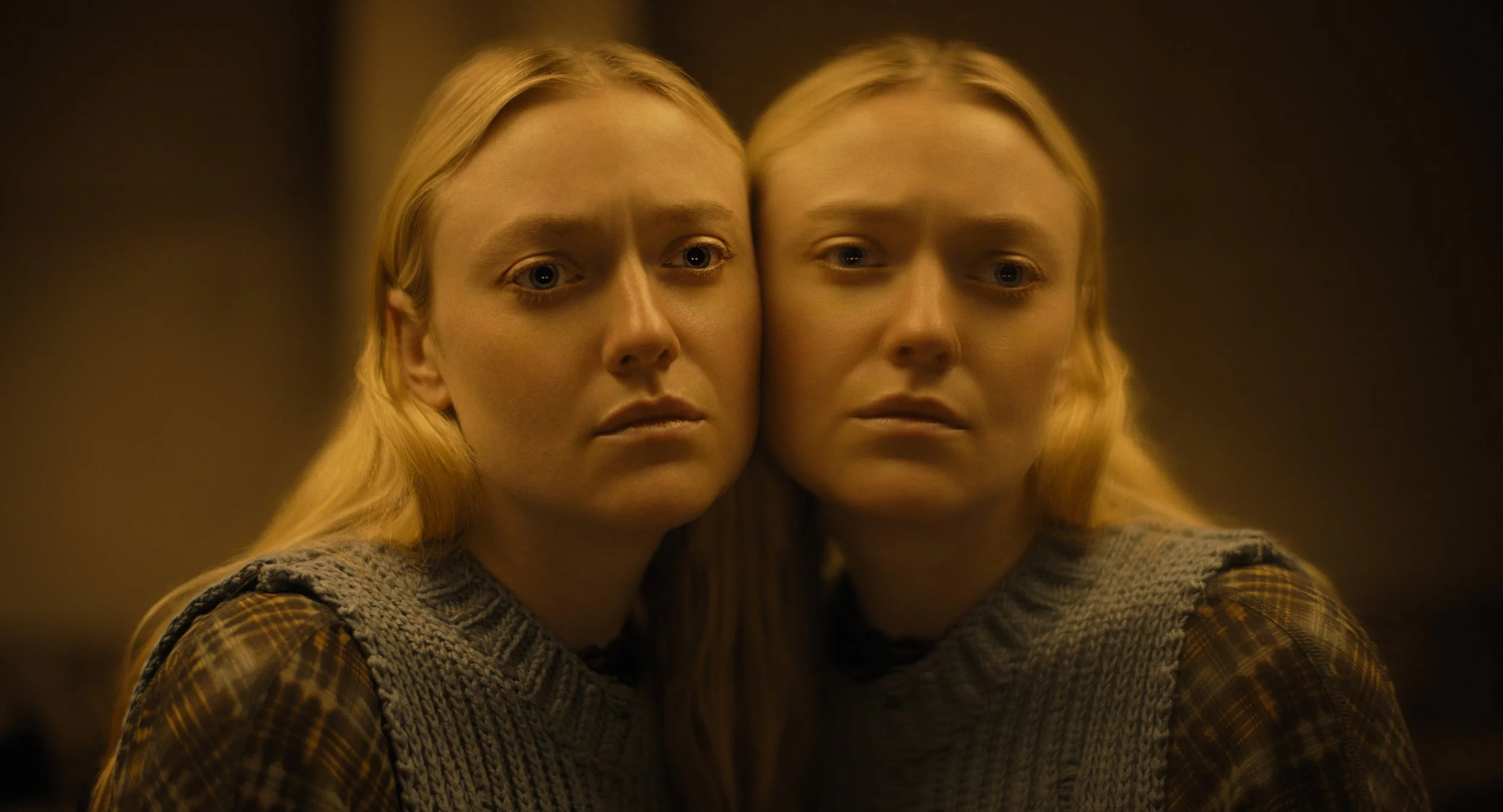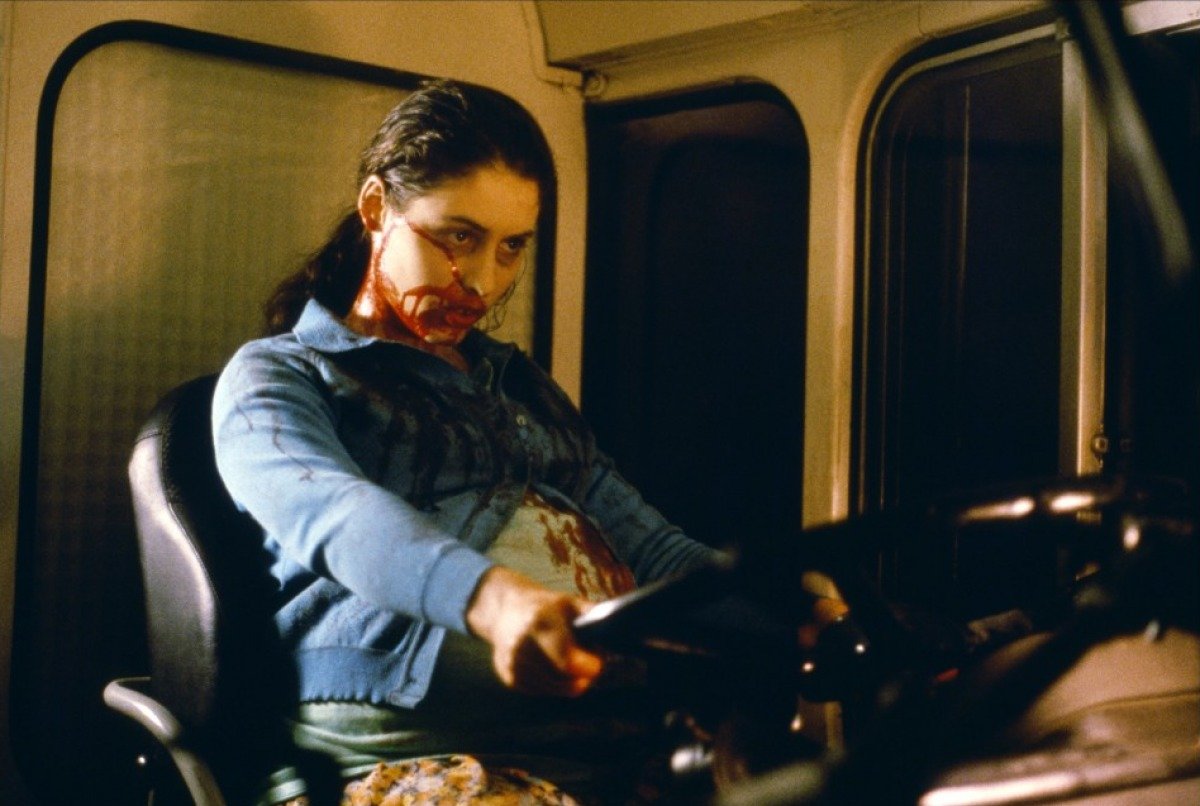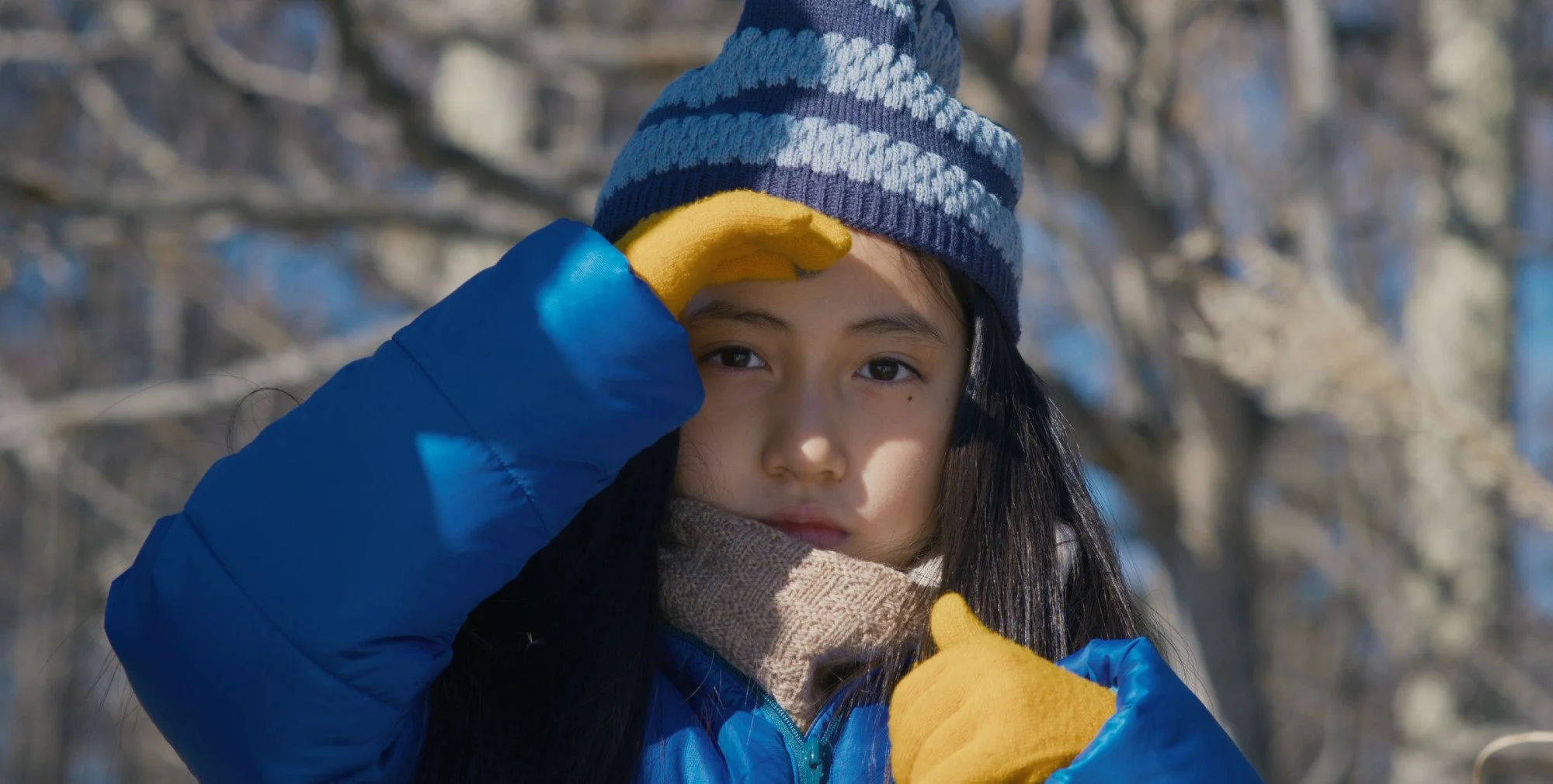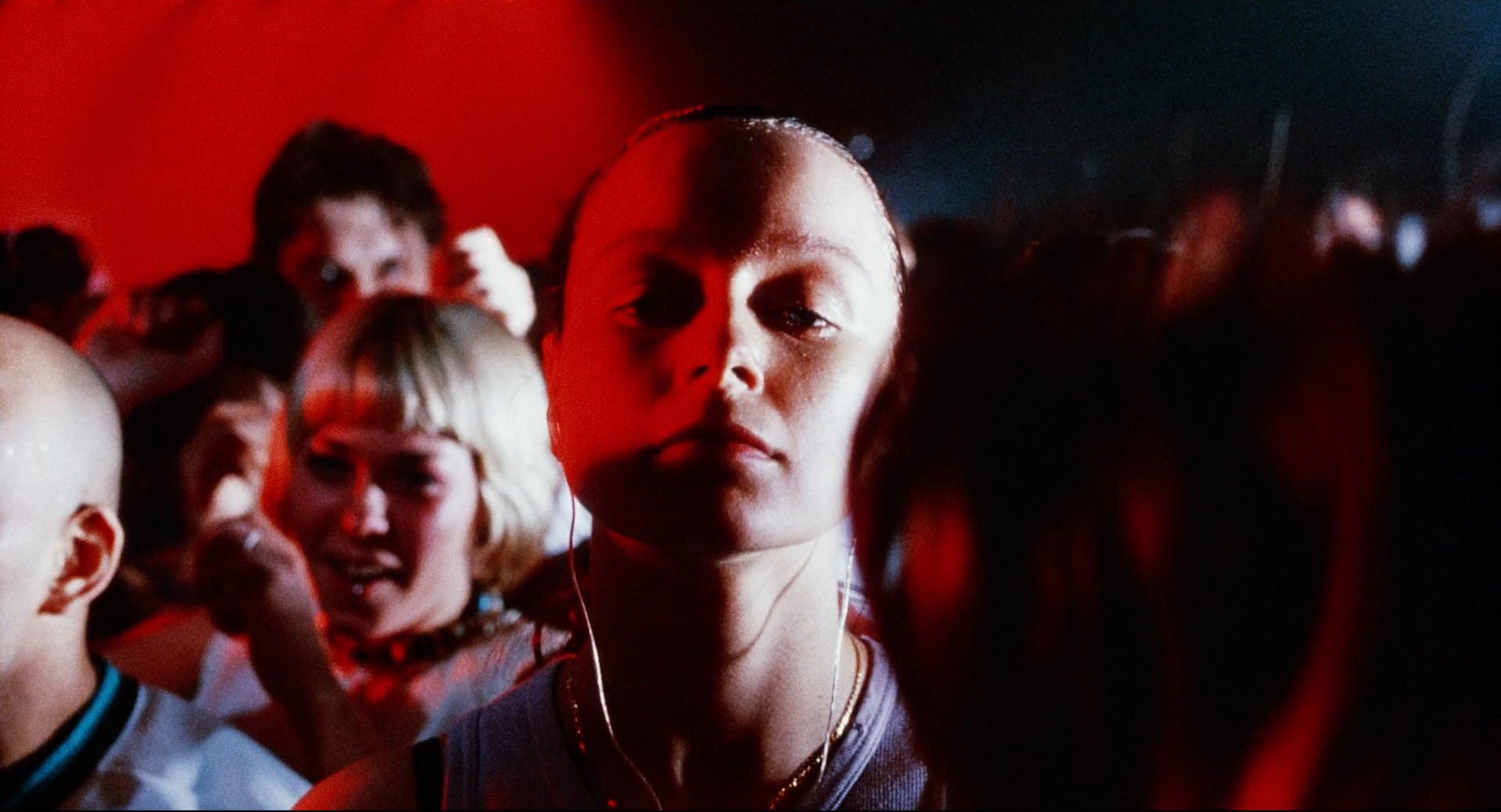A Quiet Place: Day One poses the question: What if you eschewed a family-driven survival story in favor of a plot with stakes no higher than that of a video game side quest?
Read MoreEmbracing global cinema has the ability to cross cultural and cinematic barriers: how the filmmaker uses action and visual storytelling as a universal language, how the filmmaker connects their personal story to broader themes, and how the filmmaker embraces the absurdity of the world around us. In Tsui Hark’s Wicked City (1992), we have one of global cinema’s finest and oddest examples.
Read MoreLanthimos loves a fall from grace and loves to see characters smart enough to make the right moves but dumb enough to think that the good days will last forever.
Read MoreJacques Tati’s Playtime (1967) remains a masterpiece of visual comedy reminding viewers of our own contemporary constructions that threaten to engulf us.
Read MoreIn director Chris Smith’s blitzy kitsch-soaked documentary, DEVO, Mothersbaugh and Casale give an oral history of the experimental music project’s suburban origins, their wacky audio-visual antics on the punk circuit, and their brief, but explosive time as one of the most famous bands in the world.
Read MoreHit Man, the latest from Austin’s own director Richard Linklater and actor Glen Powell, looks like the opposite of film noir, particularly as described by Schrader, at first. It’is a funny, sexy, sunny character study, in which Powell and co-star Adria Arjona build a thorny romance that turns on curiosity as much as it does attraction. Powell’s mild-mannered philosophy professor Gary Johnson, who’s moonlightsing as an imposter hitman for the New Orleans Police Department, provides a chance for him to go both broad and deep. It’s consistently a hoot.
Read MoreA promising but flawed directorial debut from Ishana Night Shyamalan, The Watchers dazzles with its visuals but lacks the pacing and subtle writing needed to elevate it into greatness.
Read MoreLana Wilson’s new documentary, Look Into My Eyes, presents through juxtaposition of hurt and healing the film’s ethos: human is to be messy.
Read MoreGeorge Miller and company’s Mad Max movies run on a variety of tensions, and from these tensions arises impeccably staged set pieces, striking character work, and narrative flexibility in the form of Furiosa: A Mad Max Saga.
Read MoreWhat if Terrence Malick (Days of Heaven, Knight of Cups) took on Friday the 13th? That conceit is the backbone of Chris Nash’s In A Violent Nature, which on paper comes across as a spiritual sequel to that one Saturday Night Live sketch of Wes Anderson making a home invasion horror movie. Pairing wistfully beautiful shots of the Canadian wilderness with over-the-top violence and gore, In A Violent Nature becomes just a bit more than Mad Libs creation.
Read MoreBaby Blood transgressively counters the ever so nauseating idealized, kitsch aesthetic of pregnancy that we are accustomed to. The kitsch aesthetic of pregnancy arises out of societal expectations of what a mother should be, transforming what is a neutral occurrence into a moral imperative. The horror aesthetic in Baby Blood turns these expectations on their head, creating a narrative that encourages the pregnant character to refuse all repressive expectations of motherhood and pregnancy she encounters.
Read MoreTime Passages is a deftly woven scrapbook and an act of mourning.
Read MoreEmily Kassie and Julian Brave NoiseCat’s Sugarcane, which had its Texas premiere at the Austin Film Society’s Doc Days festival, takes a deeply personal approach to what could be a sensationalistic true-crime story.
Read MoreThe performances in The Fall Guy are great, but the real star of the show are the stunts.
Read MoreFollowing the breakout success of his Oscar-winning Drive My Car, Ryûsuke Hamaguchi gained a larger audience: a Western one that was primed to see his vision expand, perhaps beyond the borders of his native Japan. But his followup, Evil Does Not Exist, instead remains within his present field of vision and becomes his most contained film to date.
Read MoreLynne Ramsay’s Morvern Callar is only the director’s second feature film, but crystallizes a style that she’s honed over two decades.
Read MoreSeeking Mavis Beacon is inventive and powerful, playful and thoughtful in turn.
Read MoreUnion, which had its Texas premiere at the Austin Film Society’s Doc Days festival on May Day, takes us back to one of the first beacons of hope in the current unionizing moment.
Read MoreTold exclusively through iPhone footage, laptop cameras, and text exchanges, Patricia Franquesa’s My Sextortion Diary plays out more like a thriller more akin to films like Missing, Searching, and UnFriended than the traditional talking head documentary.
Read MoreThe first feature-length film from Rocket Jump (Freddie Wong and Matthew Arnold), We’re All Gonna Die has some rough edges but is at its greatest when it finds the balance between emotional and comedic.
Read More

















